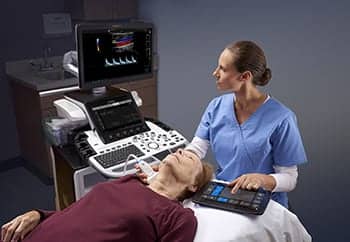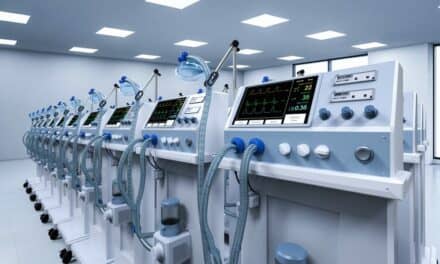For nearly 10 years, security specialists, like Jay Radcliffe, have been sounding the alarm about the potential for medical devices connected to the internet getting hacked. However, the popularity of connected devices like drug infusion pumps—has continued to soar—leading one university to create a cybersecurity center dedicated to medical device security.
In the decade since, there’s been an explosion in the number of connected medical devices — drug infusion pumps, pacemakers, monitors — that makes the issue even more pressing. There is an average of 10 to 15 internet-connected devices on each hospital bed, security researchers estimate. “It’s just a matter of time,” Johnson says. “There are more devices and more exposure.”
That exposure is one reason the University of Minnesota set up a new Center for Medical Device Cybersecurity, which launched at the beginning of September in partnership with medical device companies like Medtronic (which made Radcliffe’s pump) and Boston Scientific. The center will function as a hub to help groups that touch medical devices at every stage in their lifecycle, from their development to their use at a patient’s bedside, understand and manage the cybersecurity risks.
Read the full story at The Verge.





